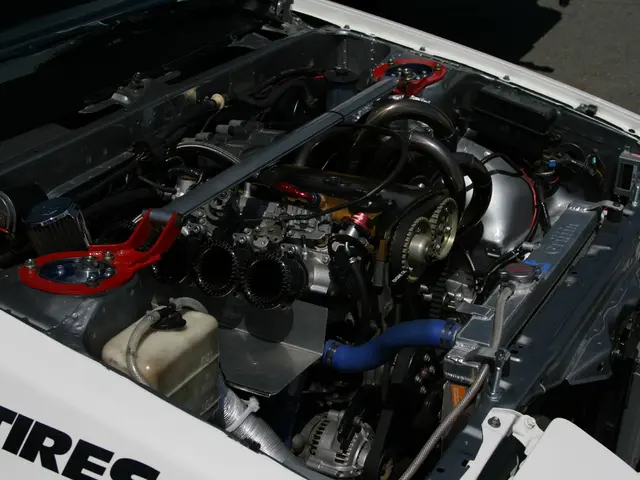Revamping of Manufacturing Industries through Servitisation
In the modern world, companies are constantly seeking innovative ways to deliver value to their customers. One such approach is servitisation, a model where companies provide assets on an ongoing service basis, retaining ownership and responsibility for maintenance. This article explores the growing trend of servitisation and its impact on various industries.
Servitisation is not a new concept, with examples dating back to HP's 'pay-per-copy' and Bosch's subscription-based consumer electronics. Today, it extends to solar energy, with SunEdison's 'solar energy-as-a-service' proposition allowing consumers to pay for solar energy generated by solar panels at their premises. Similarly, X-as-a-service can facilitate pay-per-use or purchase power agreements (PPAs) for renewable energy assets, helping to overcome high upfront costs.
For manufacturers, transitioning to a servitised asset model presents challenges. They must revamp customer service and support offerings, implementing new billing systems, managing arrears, and developing capabilities for asset recovery and reconditioning. However, the benefits are significant. Manufacturers are incentivized to produce high-quality, durable, and easily repairable products with extended lifecycles. This shift also encourages efficient recycling practices and product development for efficient recycling, as manufacturers retain end-of-life disposal responsibility.
Servitisation offers benefits for both manufacturers and consumers. It provides recurring revenue streams, improved visibility into asset condition, and enhanced customer experience. For instance, HP's 'Printing-as-a-Service' proposition has reduced packaging use and waste by 57%. Additionally, servitisation can facilitate simpler contracting terms without upfront costs, allowing flexibility for businesses to scale and respond to changing market conditions.
Small- and medium-sized businesses can also benefit from servitisation. It enables them to use advanced technologies like robotics in manufacturing facilities without high initial investment. Remote monitoring of assets, enabled by IoT and often artificial intelligence, is required for servitisation. Sensors in devices provide data on health and utilisation metrics for predictive and pre-emptive maintenance.
Servitisation is growing rapidly across various industries, including consumer products and industrial equipment. It has the potential to transform the manufacturing sector, emerging as a powerful driver for enhancing a manufacturer's competitiveness. Adopting servitised propositions can help companies like Georgia Nut deploy advanced technologies in a low-risk way despite having no prior technical experience.
Moreover, servitisation can increase the addressable market size for manufacturers, leading to more sales and higher revenues. It also has the potential to improve energy access for unserved or underserved consumers, particularly in emerging markets. Pay-as-you-go models can provide a solution for these consumers, making renewable energy more affordable and accessible.
In conclusion, servitisation is a transformative trend in the manufacturing sector. It offers numerous benefits, including improved customer experience, recycling practices, and competitiveness. However, it also requires substantial resources and an overhaul of core business processes. As more companies embrace servitisation, we can expect to see a shift towards a more sustainable, efficient, and technologically advanced economy.
Read also:
- Rachel Reeves conducts a discussion with Scott Bessent and financial executives, focusing on investment matters
- Strategic approach to eco-friendly nickel production for electric vehicles in Europe
- Week 39/24 Highlights: Tesla CEO's visit, Robo-taxi buzz, Full Self-Driving study, Affordable electric cars, and European pricing less than €30,000
- Solar energy company, Imperium, alongside QORAY Mobility & Energies Solar Business, bolsters Nigeria's environmental future by producing superior solar panels domestically and offering flexible payment options.








